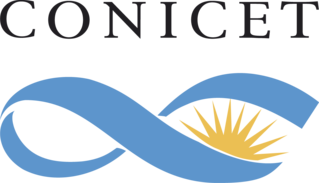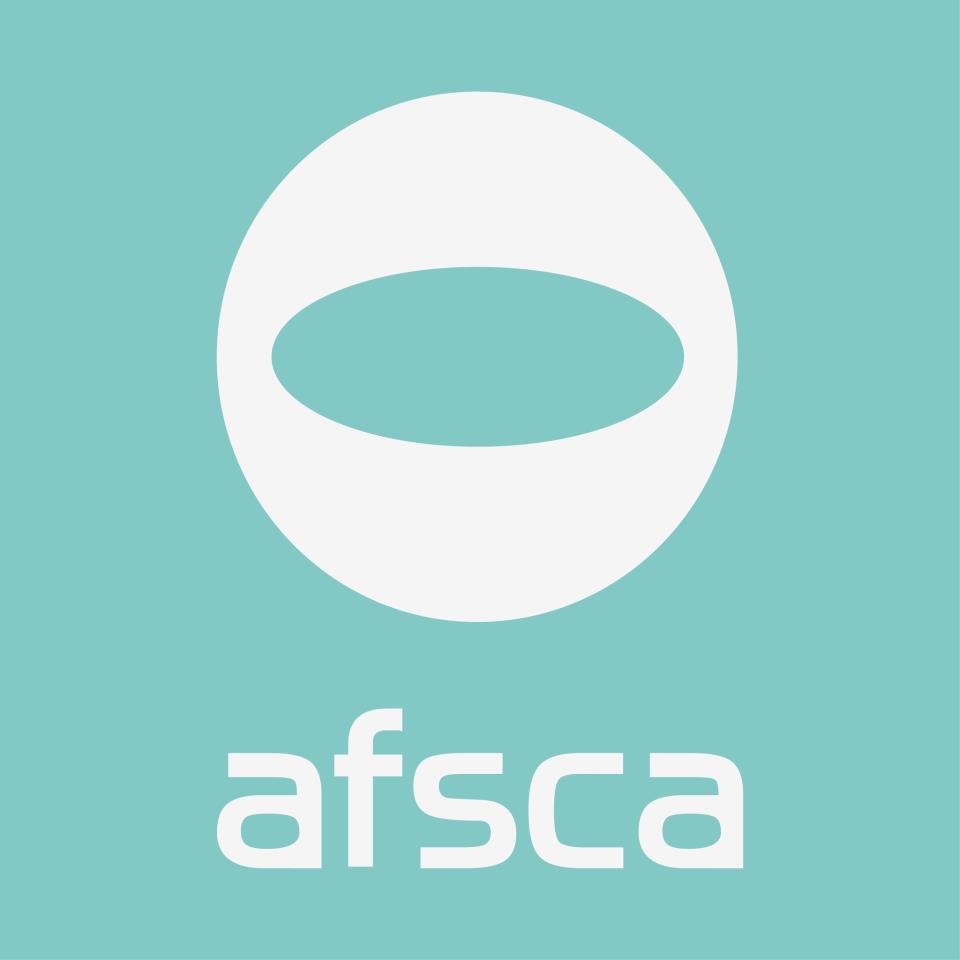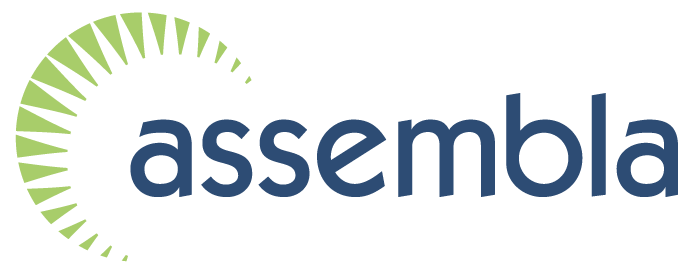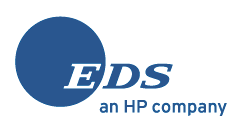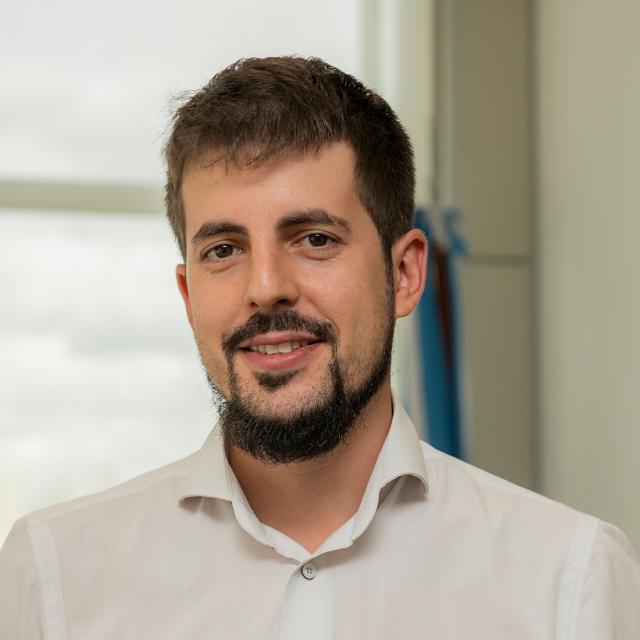
From 2005 to 2015, I worked on various commercial software projects (with the exception of the year 2013 when I stepped away from computing to collaborate in a government agency).
After obtaining a six-year degree in Computer Science from the University of Buenos Aires in 2012, and missing the academic world, I returned in 2014 as an assistant professor for the Operating Systems course. A year later, I decided to fully dedicate myself to research and joined CONICET (the National Scientific and Technical Research Council of Argentina) as a fellow in the Ph.D. program in Computer Science at the University of Buenos Aires.
The two main areas of my interest are artificial intelligence and neuroscience, particularly probabilistic programming and its application in learning. That's why I became a part of the Integrative Neuroscience Lab and the Applied Artificial Intelligence Lab.
On 2017, I spent three months visiting Josh Tenenbaum's Computational Cognitive Science lab at MIT to deepen my knowledge of recent advances in cognitive modeling. In 2018, I was awarded the Facebook Emerging Scholar Award for my doctoral work, and in 2021, I obtained my Ph.D. in Computer Science from the University of Buenos Aires.
With the onset of the COVID-19 pandemic, in May 2020, I decided to collaborate with CONICET as the Manager of the Technology Transfer Office. I reconstructed the TTO team across the country, collaborated in bringing solutions to address the health crisis, and later worked on coordinating the capabilities and technologies of CONICET with businesses, public entities, and society in general. This was aimed at advancing science and technology, contributing to the country's development and improving the quality of life for the population.
